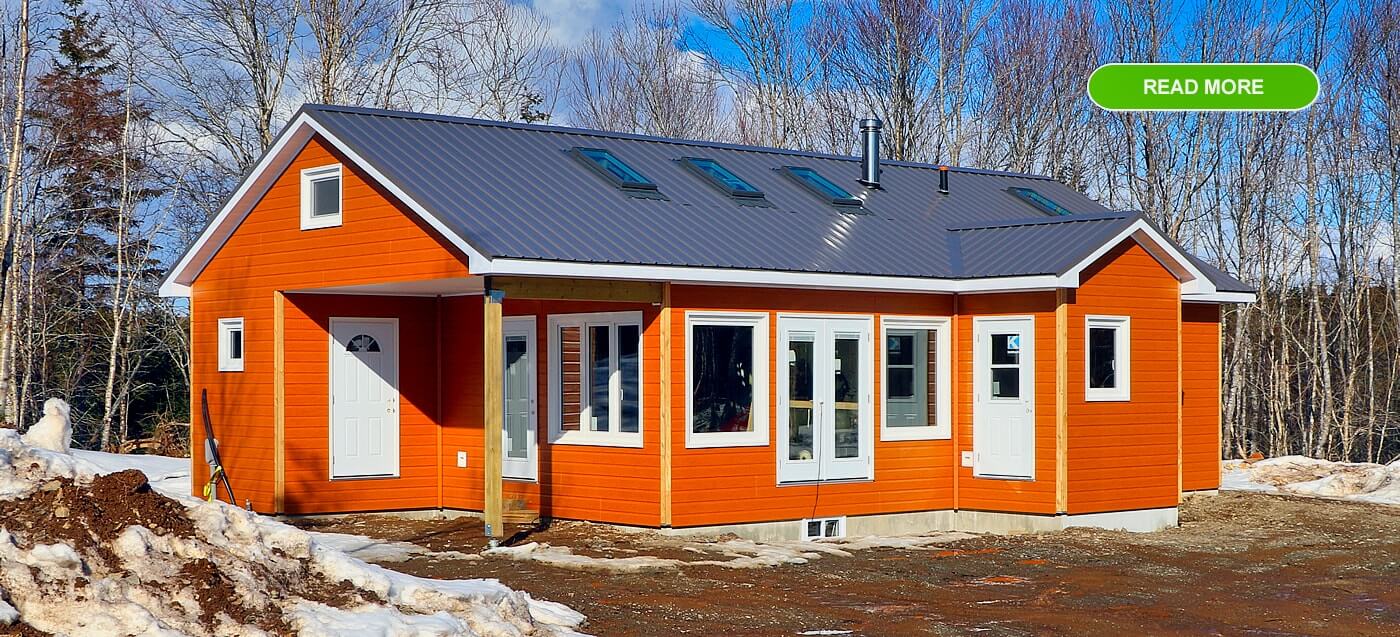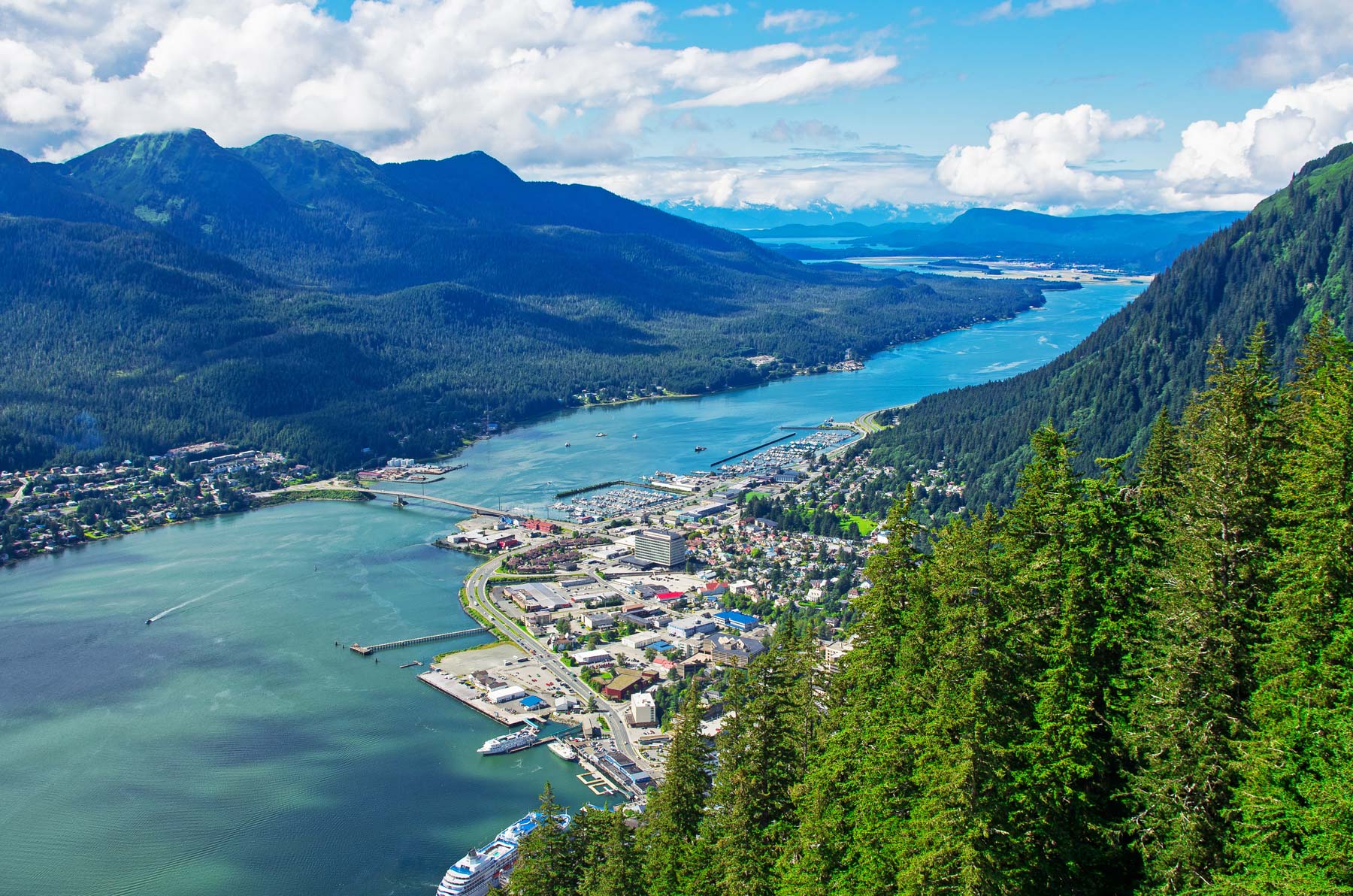Off Grid Living Cape Breton A Wild Atlantic Escape
Off grid living Cape Breton: Imagine waking to the breathtaking sunrise over the Atlantic, the crisp salt air invigorating your senses, completely disconnected from the urban hustle. This isn’t just a dream; it’s a tangible possibility on the ruggedly beautiful Cape Breton Island. Discover the allure of self-sufficiency amidst stunning landscapes, where the challenges of off-grid living are balanced by unparalleled freedom and connection with nature.
This guide explores the practicalities, legalities, and rewards of embracing a life less ordinary in this captivating corner of Nova Scotia.
Cape Breton Island offers a unique blend of challenges and opportunities for those seeking an off-grid existence. Its diverse geography, from rolling hills to rugged coastlines, presents varied options for homesteading, each with its own set of considerations regarding water access, solar potential, and terrain suitability. Navigating the legal landscape, securing necessary permits, and designing sustainable systems for energy, water, and waste management are crucial steps in successfully establishing an off-grid home.
However, the rewards – a deep connection with nature, a self-sufficient lifestyle, and a vibrant community of like-minded individuals – are truly transformative.
Cape Breton’s Geography and Suitability for Off-Grid Living
Cape Breton Island, a breathtaking landmass off the coast of Nova Scotia, presents a unique and challenging landscape for those seeking the off-grid life. Its diverse geography, encompassing rugged highlands, coastal plains, and forested valleys, offers both significant advantages and considerable hurdles for self-sufficient living. Understanding these geographical nuances is crucial for anyone considering establishing an off-grid homestead on the island.
Cape Breton’s Diverse Geography and its Implications for Off-Grid Systems
Cape Breton’s varied terrain directly impacts the feasibility of different off-grid systems. The northern highlands, characterized by steep slopes, rocky soil, and unpredictable weather, pose significant challenges for building and accessing resources. Conversely, the gentler slopes and fertile soil of the southern regions, particularly along the Bras d’Or Lake, offer more amenable conditions for agriculture and construction. Coastal areas provide easy access to seafood, but also present vulnerabilities to extreme weather events.
The island’s extensive forest cover is a valuable resource for firewood, but responsible harvesting practices are crucial for sustainability.
Challenges and Advantages of Different Cape Breton Regions for Off-Grid Living
The suitability of a specific region for off-grid living depends heavily on individual priorities and capabilities. The highlands, while visually stunning, demand considerable resilience and preparedness for harsh winters and limited access. Areas closer to larger towns offer easier access to supplies and services, but compromise on the seclusion many off-grid enthusiasts seek. Coastal communities provide opportunities for fishing and foraging but necessitate careful consideration of storm surges and coastal erosion.
The central plateau offers a balance between access and seclusion, but may present challenges regarding water access depending on the specific location.
Resource Availability Across Cape Breton
The availability of natural resources varies significantly across the island. Water sources, ranging from rivers and streams to groundwater, are generally abundant, but access can be difficult in some areas, necessitating extensive well drilling or rainwater harvesting systems. Wood for heating and construction is plentiful in the forested regions, though sustainable forestry practices are vital. Solar energy potential is generally good across the island, particularly in the southern regions with less cloud cover, but proper orientation and system design are crucial for optimal performance.
Wind energy could also be a viable option in some exposed locations, but site-specific assessments are necessary to determine its feasibility.
Comparative Analysis of Locations for Off-Grid Living in Cape Breton
The following table summarizes the pros and cons of various locations, highlighting key factors relevant to off-grid living:
| Location | Water Access | Solar Potential | Terrain Challenges |
|---|---|---|---|
| Northern Highlands | Potentially difficult; requires well drilling or extensive rainwater harvesting | Moderate to good, depending on elevation and cloud cover | Steep slopes, rocky terrain, limited road access |
| Southern Coastal Areas | Generally good; access to rivers, streams, and the ocean | Good; high levels of sunshine | Relatively flat, but vulnerability to coastal erosion and storms |
| Bras d’Or Lake Region | Excellent; access to lake water | Good to excellent; relatively sunny | Generally moderate; varied terrain |
| Central Plateau | Moderate; requires well drilling or rainwater harvesting in many areas | Good; relatively sunny | Moderate to challenging; rolling hills and some steeper slopes |
Legal and Regulatory Aspects of Off-Grid Living in Cape Breton: Off Grid Living Cape Breton
Embarking on an off-grid adventure in Cape Breton requires navigating a landscape of legal and regulatory considerations. Understanding these aspects is crucial for a successful and compliant off-grid lifestyle, ensuring both your safety and the preservation of the island’s unique environment. Failure to comply can lead to significant penalties and challenges.
Building Codes and Permits for Off-Grid Dwellings
Cape Breton Regional Municipality (CBRM) and other municipal authorities govern building codes and permit requirements. While the specifics can vary depending on location and the nature of your off-grid dwelling, obtaining the necessary permits is non-negotiable. These permits ensure that your structure meets minimum safety standards, including structural integrity, fire safety, and sanitation. Off-grid systems, such as water collection and wastewater disposal, will also need to adhere to specific regulations to prevent environmental contamination.
Contacting the relevant municipal building department early in the planning process is highly recommended to clarify requirements and avoid delays. Detailed plans and specifications will be necessary for permit applications. Failure to obtain necessary permits can result in stop-work orders, fines, and even demolition.
Land Ownership Laws and Regulations
Securing appropriate land ownership is paramount. This involves understanding property lines, zoning regulations, and potential easements. Provincial and municipal land use bylaws dictate what activities are permitted on specific parcels of land. Some areas may restrict building or limit the types of structures allowed. Thorough due diligence is crucial before purchasing land, including checking for any existing restrictions or encumbrances on the title.
Consulting with a lawyer specializing in land law in Nova Scotia is advisable to ensure a legally sound acquisition and to understand the implications of land ownership for off-grid living. For example, access to the property, particularly for delivery of building materials, needs to be legally secured.
Environmental Regulations and Their Impact
Environmental regulations play a significant role in off-grid living in Cape Breton. Protecting the pristine environment is a priority. Regulations govern water usage, wastewater disposal, and waste management. For example, the construction of septic systems must meet stringent standards to prevent groundwater contamination. The use of rainwater harvesting systems will likely also need to adhere to specific guidelines.
Additionally, regulations related to wildlife habitat and forestry must be observed. Any impact on sensitive ecosystems must be minimized or mitigated. Non-compliance can lead to substantial fines and legal action. The Nova Scotia Department of Environment and Climate Change is the primary source of information regarding these regulations.
Examples of Successful Off-Grid Living Arrangements, Off grid living cape breton
While specific examples are difficult to publicly share due to privacy concerns, many individuals successfully live off-grid in Cape Breton by working closely with the relevant authorities. They achieve compliance by meticulously planning their projects, obtaining all necessary permits, and designing systems that meet or exceed environmental regulations. These arrangements often involve careful consideration of water sourcing, waste management, and energy generation, incorporating sustainable and environmentally friendly practices.
A proactive approach to engaging with local officials and seeking expert advice on engineering and environmental matters significantly increases the likelihood of a successful and compliant off-grid setup. Seeking advice from experienced off-grid consultants can be invaluable.
Community and Social Aspects of Off-Grid Living in Cape Breton
Cape Breton’s rugged beauty and isolated landscapes offer a unique context for off-grid living, fostering a distinct social dynamic. While self-sufficiency is a core tenet of this lifestyle, the potential for community building and mutual support among those choosing this path is significant. The balance between solitude and connection shapes the experience, creating a vibrant, albeit unconventional, social landscape.
The inherent challenges and rewards of off-grid living in Cape Breton directly impact the nature of social interaction. The geographical dispersion of off-grid homesteads necessitates creativity in forming and maintaining connections. However, this very isolation can strengthen bonds between neighbours, fostering a sense of shared experience and mutual reliance that is less common in densely populated areas.
Resources and Support Networks for Off-Grid Dwellers in Cape Breton
Establishing a strong support network is crucial for successful off-grid living. While formal support structures might be limited, resourceful off-grid communities often create their own. These networks leverage shared skills, knowledge, and resources, addressing challenges ranging from equipment repair to bartering goods and services. Informal gatherings, workshops, and online forums can provide a vital sense of community and facilitate problem-solving.
Local agricultural co-ops, if available in proximity to off-grid settlements, can offer access to supplies and a forum for exchanging expertise.
Comparing Remote and Populated Off-Grid Living in Cape Breton
The choice between a remote location and a more populated area within Cape Breton significantly influences the social dynamics of off-grid living. Remote locations offer greater privacy and solitude, but limit access to immediate support. Conversely, proximity to a village or town, while potentially sacrificing some seclusion, offers greater ease in accessing resources, connecting with like-minded individuals, and building relationships with local businesses or tradespeople.
The ideal location depends on individual preferences and priorities regarding community engagement versus independence.
Examples of Successful Off-Grid Integration in Cape Breton
While specific details of individual off-grid communities in Cape Breton may be kept private for reasons of security and personal preference, anecdotal evidence suggests successful integration is possible. For example, imagine a small cluster of families, each with distinct skills – one adept at carpentry, another at raising livestock, and a third specializing in preserving food – sharing resources and knowledge.
This collaborative approach mitigates the challenges of isolation and enhances the overall quality of life for each family. This scenario highlights the potential for resilient and mutually supportive communities to flourish within the context of Cape Breton’s off-grid landscape. Such collaborative models, though not explicitly documented in published studies, are demonstrably feasible given the region’s history of self-reliance and resourcefulness.
Find out further about the benefits of which states allow off grid living that can provide significant benefits.
Economic Considerations of Off-Grid Living in Cape Breton

Embarking on an off-grid lifestyle in Cape Breton requires careful consideration of the financial implications. While the allure of self-sufficiency is strong, the upfront costs and ongoing maintenance can be significant. Understanding these economic factors is crucial for making an informed decision and ensuring a sustainable off-grid existence.
Initial Capital Investment
Establishing an off-grid home in Cape Breton demands a substantial initial investment. The exact figure varies greatly depending on the scale and complexity of the project, the chosen location, and the level of pre-existing infrastructure. A basic setup, focusing on a smaller cabin with essential off-grid systems, could start around $100,000. This includes land acquisition (prices vary wildly depending on location and size), building materials, installation of solar panels, a wind turbine (possibly), water collection and filtration systems, a septic system, and basic furnishings.
More ambitious projects, encompassing larger homes with advanced off-grid technologies and extensive land improvements, could easily exceed $500,000. Careful budgeting and securing appropriate financing are essential.
Ongoing Costs of Off-Grid Living
Maintaining an off-grid lifestyle involves consistent expenses. These ongoing costs encompass several areas: system maintenance (regular checks and repairs for solar panels, water systems, etc.), fuel costs (for backup generators, heating if not solely solar), insurance (property and liability), and the cost of replacing worn-out components. For instance, replacing solar panels after 20-25 years of use represents a significant expenditure.
Furthermore, the cost of transporting goods and supplies to a remote off-grid location can be considerably higher than for those living in urban or suburban areas. Regular preventative maintenance is crucial to minimize unexpected and costly repairs.
Long-Term Economic Advantages and Disadvantages
While the initial investment is high, off-grid living in Cape Breton offers potential long-term economic advantages. Reduced reliance on utilities like electricity and water translates to lower monthly bills, a significant saving over time. Furthermore, self-sufficiency in food production through gardening or small-scale farming can substantially reduce grocery expenses. However, the potential for unexpected repair costs, the need for specialized skills to maintain systems, and the limitations on income-generating activities could present economic disadvantages.
The unpredictable nature of weather in Cape Breton also needs to be factored in, particularly in relation to energy generation. For example, extended periods of cloudy weather can impact solar power output, potentially necessitating increased reliance on a backup generator.
Potential Income-Generating Opportunities
Individuals living off-grid in Cape Breton can explore various income-generating opportunities. These include: selling surplus produce from gardens or small farms at local farmers’ markets, offering eco-tourism experiences (e.g., guided nature walks or workshops on off-grid living), creating and selling handcrafted goods, or providing remote services such as freelance writing or web design. The unique setting of Cape Breton and the appeal of sustainable living could be significant assets in attracting customers.
The income potential depends heavily on the individual’s skills, entrepreneurial drive, and market demand. For example, a skilled carpenter could generate income by creating and selling custom-made furniture from locally sourced wood.
Illustrative Examples of Off-Grid Homes in Cape Breton
Cape Breton’s rugged beauty and challenging climate demand innovative and resilient off-grid homes. The following examples showcase three distinct approaches to sustainable living, each tailored to the island’s unique environment and resource availability. These are not exhaustive, but represent viable options for those seeking self-sufficiency in this stunning location.
Insulated Cabin with Solar Power
This design prioritizes simplicity and durability. A small, well-insulated cabin, constructed primarily of locally sourced timber framed with thick, double-layered walls filled with cellulose insulation, minimizes energy loss. The exterior is clad in cedar shingles for weather protection and aesthetic appeal. A steeply pitched roof efficiently sheds snow. The cabin’s compact size (approximately 600 square feet) makes it efficient to heat with a wood-burning stove supplemented by a solar thermal system for domestic hot water.
Photovoltaic panels provide electricity, stored in a bank of deep-cycle batteries. Water is collected from rainwater harvesting and supplemented by a well, carefully located to avoid contamination. Challenges included navigating stringent building codes (requiring permits even for off-grid constructions), sourcing quality timber sustainably, and ensuring the solar system’s capacity met winter demands. Lessons learned emphasized thorough planning for seasonal energy needs, the importance of high-quality insulation, and the value of investing in robust battery storage.
Earth-Sheltered Home with Geothermal Heating
An earth-sheltered home offers significant advantages in Cape Breton’s harsh winters. Partially buried into a hillside, the home utilizes the earth’s thermal mass for temperature regulation. The structure is built with rammed earth walls – a mixture of earth, gravel, and a stabilizing agent – offering excellent insulation and soundproofing. The roof is heavily insulated and covered with native vegetation to blend seamlessly with the landscape.
A geothermal heat pump provides efficient heating and cooling, utilizing the stable temperature of the earth. Greywater recycling systems conserve water, and rainwater harvesting provides potable water after filtration. Construction challenges involved careful site selection to minimize excavation and maximize solar gain, mastering the techniques of rammed earth construction, and ensuring proper drainage to prevent water infiltration.
Lessons learned highlighted the importance of detailed site analysis, working with experienced earth-sheltered home builders, and rigorously testing the greywater recycling system to avoid potential contamination.
Modified Yurt with Wind Power
This option offers a blend of traditional design and modern technology. A yurt, a portable, circular tent, is adapted for year-round living in Cape Breton’s climate. The traditional felt covering is replaced with a double-layered, insulated fabric, capable of withstanding heavy snowfall and strong winds. A sturdy wooden subfloor provides insulation and stability. A small wood-burning stove provides primary heating, supplemented by a wind turbine for electricity generation, which is particularly effective given Cape Breton’s exposure to strong winds.
Rainwater harvesting is supplemented by a spring or well. Challenges included finding a reliable and durable insulated fabric suitable for the harsh coastal climate, securing the yurt to the ground against strong winds, and ensuring the wind turbine was appropriately sized and positioned to maximize energy generation. Lessons learned included the importance of integrating robust wind-resistant features, understanding the limitations of wind energy generation, and using high-quality, durable materials throughout the construction.
Embarking on the journey of off-grid living in Cape Breton is a commitment to self-reliance, resilience, and a profound connection with the natural world. While challenges undoubtedly exist, the rewards—from the breathtaking scenery to the fulfilling lifestyle—are immense. This guide has illuminated the path, providing a framework for navigating the practicalities and appreciating the profound rewards of this unique adventure.
So, breathe in the fresh Atlantic air, feel the call of the wild, and consider the possibility of creating your own off-grid haven in the heart of Cape Breton. The journey awaits.




